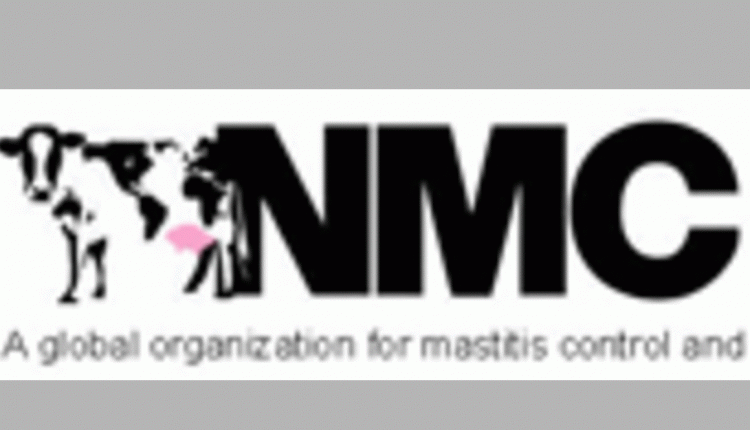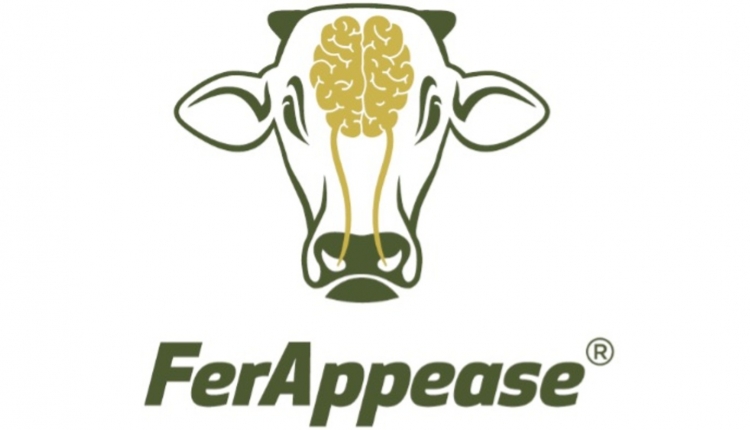The information below has been supplied by dairy marketers and other industry organizations. It has not been edited, verified or endorsed by Hoard’s Dairyman. 

As the 2018 Farm Bill enters the Conference Committee negotiation process, U.S. Reps. Ron Kind (D-WI), Earl Blumenauer (D-OR) and Mark Meadows (R-NC) are calling on Committee conferees to take into account the rampant abuses of Title I subsidy payments in the language of the House Farm Bill. This comes after the non-partisan Congressional Budget Office (CBO) responded to a letter from Reps. Ron Kind and Earl Blumenauer claiming that wealthy farmers are knowingly reorganizing their businesses to continue receiving subsidies meant for small and family farmers that are struggling financially. This makes it difficult to institute meaningful payment limits within the Title I safety net program.
Section 1603 of the House Farm Bill would exempt joint ventures, some corporate farms, and certain farm partnerships from the means test, allowing wealthy farmers the opportunity to reorganize their farm business so they can receive more farm subsidies.
Rep. Mark Meadows introduced amendments to the House Farm Bill that would end payments to wealthy farmers taking advantage of this loophole. The amendments were defeated.
Statements from the lawmakers are below:
“This response from the CBO once again proves that Washington is lavishing huge taxpayer subsidies on millionaires and billionaires, leaving America’s small and family farmers behind. The Farm Bill’s Title I section is an unacceptable misuse of taxpayer dollars, and must be fixed before it leaves conference committee. This is Washington incentivizing poor behavior,” said Rep. Ron Kind.
“This is the height of absurdity. Non-partisan scorekeepers have confirmed what we’ve long suspected – the Farm Bill allows rich farmers to get richer at the expense of those who need help the most. The bill passed by the House would make these limits even weaker. The Conference Committee should take this information to heart, reverse course, and enact meaningful reforms that close these loopholes once and for all.” said Rep. Earl Blumenauer.
“Unfortunately, CBO confirms exceptions in the law permit federal agriculture payments greater than $125,000 go to certain large agricultural organizations and even executives on Wall Street. We need a Farm Bill that provides an actual safety net to actual farmers—not one that funnels money to large organizations. I am glad to work with my colleagues Senator Grassley, Senator Durbin, Representative Kind, and Representative Blumenauer to return the farm bill to whom it should be for: actual farmers,” said Rep. Mark Meadows.
The 2018 Farm Bill is currently being debated by a bicameral Conference Committee. Language in the Senate’s Farm Bill more closely aligns with the needs of small and family farmers, and curtails the abuse of Title I subsidy payments. The House bill lifted payment limits, allowing for more corruption and misuse of taxpayer dollars.
The current Farm Bill expires on September 30, 2018.
Read Reps. Kind and Blumenauer’s letter to the Congressional Budget Office here.
Read the Congressional Budget Office’s response here.
Rep. Mark Meadows introduced amendments to the House Farm Bill that would end payments to wealthy farmers taking advantage of this loophole. The amendments were defeated.
Statements from the lawmakers are below:
“This response from the CBO once again proves that Washington is lavishing huge taxpayer subsidies on millionaires and billionaires, leaving America’s small and family farmers behind. The Farm Bill’s Title I section is an unacceptable misuse of taxpayer dollars, and must be fixed before it leaves conference committee. This is Washington incentivizing poor behavior,” said Rep. Ron Kind.
“This is the height of absurdity. Non-partisan scorekeepers have confirmed what we’ve long suspected – the Farm Bill allows rich farmers to get richer at the expense of those who need help the most. The bill passed by the House would make these limits even weaker. The Conference Committee should take this information to heart, reverse course, and enact meaningful reforms that close these loopholes once and for all.” said Rep. Earl Blumenauer.
“Unfortunately, CBO confirms exceptions in the law permit federal agriculture payments greater than $125,000 go to certain large agricultural organizations and even executives on Wall Street. We need a Farm Bill that provides an actual safety net to actual farmers—not one that funnels money to large organizations. I am glad to work with my colleagues Senator Grassley, Senator Durbin, Representative Kind, and Representative Blumenauer to return the farm bill to whom it should be for: actual farmers,” said Rep. Mark Meadows.
The 2018 Farm Bill is currently being debated by a bicameral Conference Committee. Language in the Senate’s Farm Bill more closely aligns with the needs of small and family farmers, and curtails the abuse of Title I subsidy payments. The House bill lifted payment limits, allowing for more corruption and misuse of taxpayer dollars.
The current Farm Bill expires on September 30, 2018.
Read Reps. Kind and Blumenauer’s letter to the Congressional Budget Office here.
Read the Congressional Budget Office’s response here.


